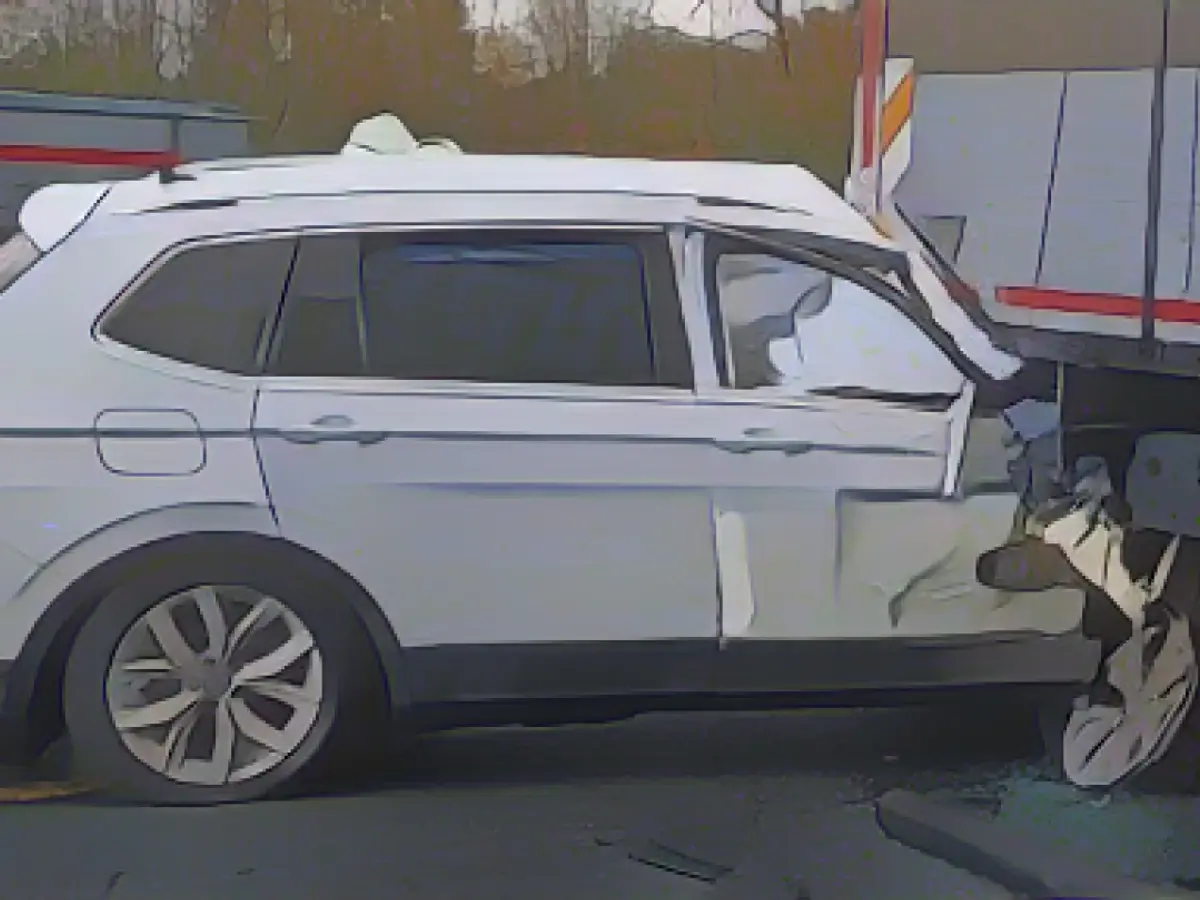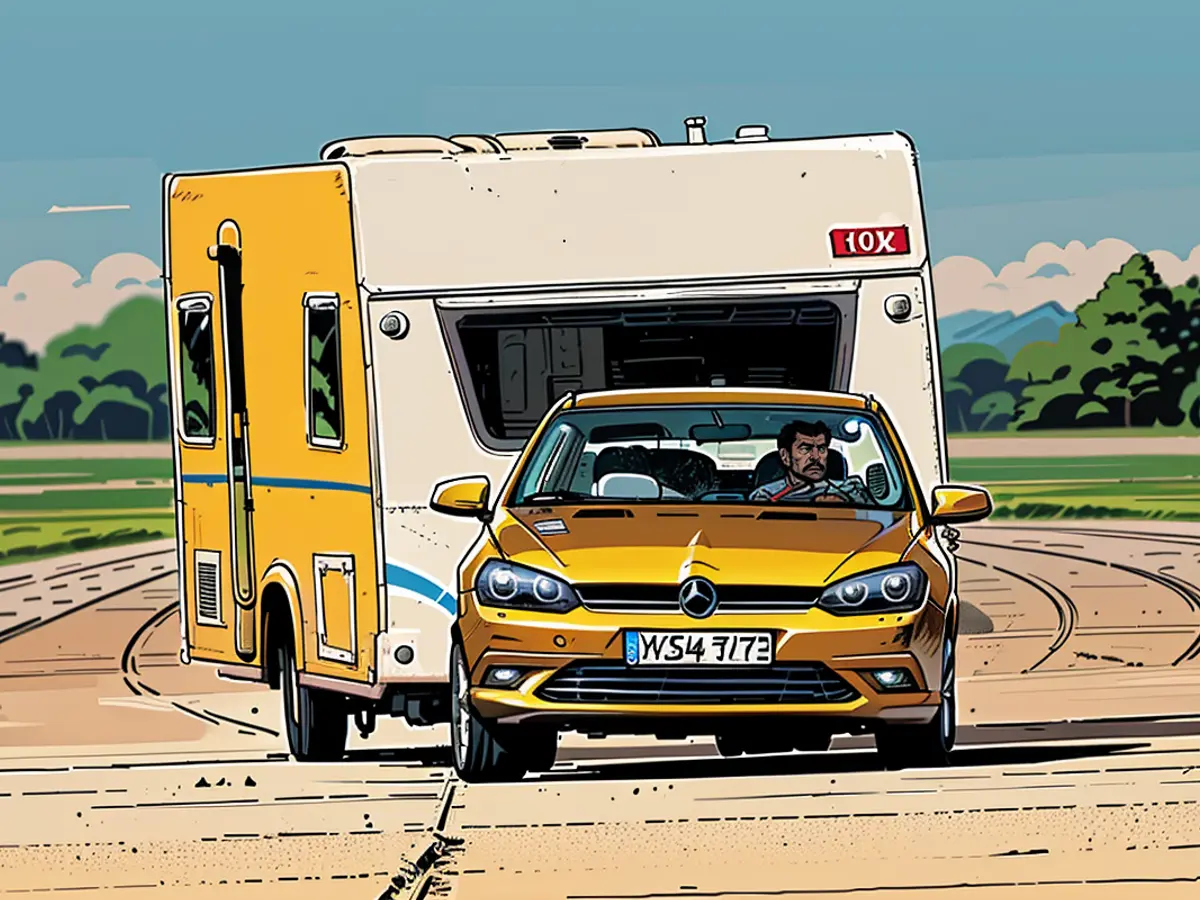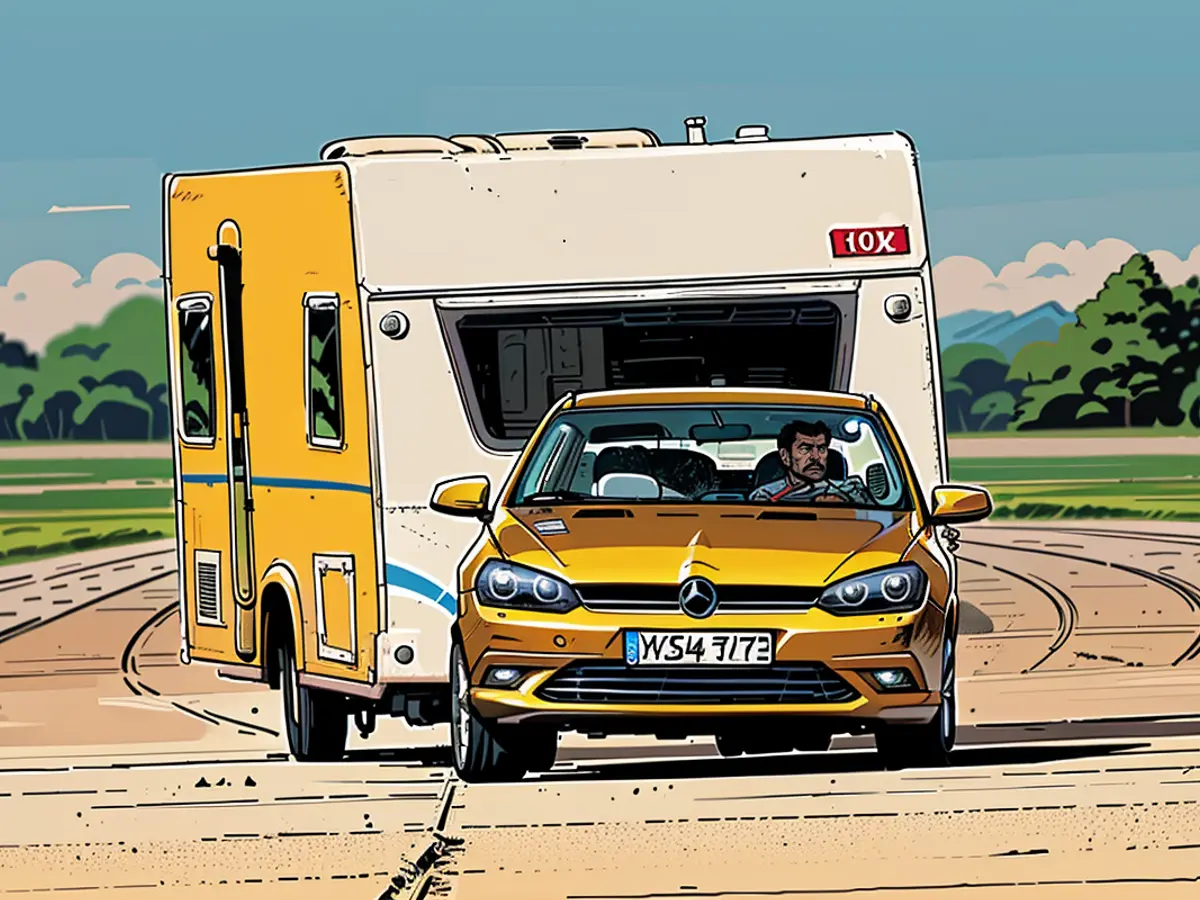Driving License Renewals: EU's Self-Disclosure Proposal and Germany's Controversy
According to EU member states, future driving license renewals will require applicants to complete a health questionnaire, potentially every 15 years in Germany. This stance emerged during negotiations for new driving license regulations, which were initiated by the EU Commission's proposal in March. The German Ministry of Transport, under the leadership of FDP's Volker Wissing, attempted to reject this mandatory self-disclosure, but their attempts were unsuccessful.
What does this mean for driving license renewals in the EU?
The proposed health questionnaire aims to assess if individuals can still safely operate vehicles due to physical or mental limitations. This may include conditions such as visual impairments, heart issues, epilepsy, and alcoholism, which can pose a risk to other road users. While each EU country may have the discretion to only request self-disclosure, the new regulations propose vehicle license validity periods for cars, scooters, and motorcycles between 10 and 15 years, with shorter periods possible for older drivers. The regulation does not affect bus and truck drivers, who would likely need to renew their licenses more frequently.
Germany's elderly drivers and road safety
Germany has sparked a major public debate regarding the safety of elderly drivers on the roads after the proposed revision of EU driving license rules. The German Road Safety Council is opposed to mandatory fitness assessments for senior citizens, arguing that they have a lower accident rate compared to their share of the population. However, Siegfried Brockmann, head of accident research at the insurance companies, disputes this perspective. He points out that elderly drivers may have a lower absolute risk, but their mileage and per-capita accident rates are comparable to other high-risk drivers, particularly very young drivers.
According to the German Federal Statistical Office, older drivers were responsible for more than two-thirds of personal injury accidents last year, underlining the continuing concern about the safety of elderly drivers on German roads.
Permitting minors to accompany drivers in EU countries
Since 2011, German minors have been allowed to ride alongside an adult in the car, which is now becoming a standard practice across the EU. According to the new regulations, minors can accompany drivers in other EU countries, provided that the accompanying adult is at least 24 years old, holds a valid driving license for at least five years, and hasn't been suspended within the previous five years. In the case of Germany, the new regulations will make it possible for accompanying drivers to be 17 years old, and a probationary period will apply across the EU.
Moving toward a digital driving license
The EU member states and the Commission have agreed on a digital driving license, which can be stored on a mobile device. This new provision is expected to provide a more convenient and secure way of carrying a driving license. Initial criticism from French Green MEP Karima Delli over mandatory medical checks and stricter speed limits has been toned down, although some measures still face opposition from Party colleagues in Germany.
The path to conformity and negotiation
To enact the proposed regulations, the EU Parliament is required to vote on a position, which will then enter into negotiations with EU member states. The Transport Committee is expected to vote on a position on Thursday, with negotiations potentially concluding before the European elections in 2024. Once the new regulations are finalized, EU countries will need to convert them into their national law.
The European driving license regulations are currently seen as a continuation of the efforts to harmonize driving rules across the EU, with the aims of increasing road safety and reducing accidents, while allowing minors to gain experience in safer conditions.
Enrichment Data:
While the proposed new regulations are similar across EU member states, elderly drivers in the UK do not see a specific requirement to renew their driving licenses more frequently than the general population. However, UK drivers must renew their photocard driving licenses every 10 years, as stated in the United Kingdom's driving license regulations[1]. In Germany, driver's licenses are not legally recognized as formal identification documents, and citizens are encouraged to carry an identity card (Personalausweis) instead[2]. This distinction underscores the different approaches to identification and driving regulations in Germany compared to the UK.







